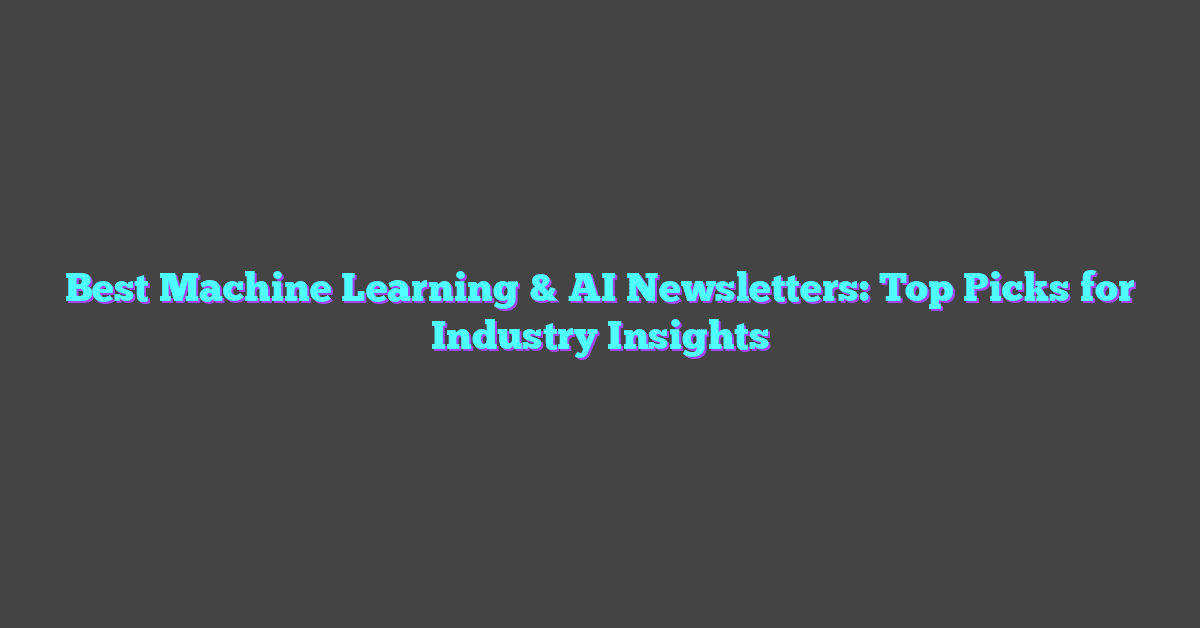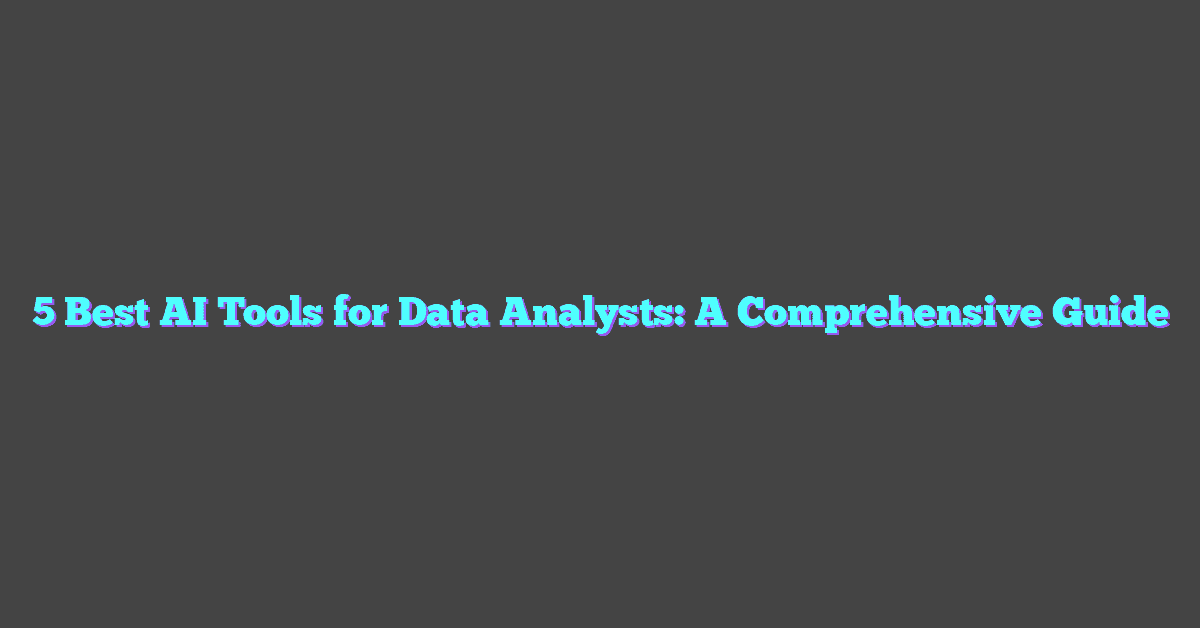Artificial Intelligence (AI) has come a long way from being a futuristic concept in sci-fi movies to becoming an integral part of our daily lives. It’s not just about robots and automated systems anymore; AI is reshaping industries, enhancing personal experiences, and driving innovation in ways we never imagined. From voice assistants like Siri and Alexa to recommendation algorithms on Netflix and Amazon, AI is seamlessly woven into the fabric of modern life.
Businesses leverage AI to optimize operations, predict market trends, and improve customer service. Healthcare professionals use it to diagnose diseases, personalize treatments, and even assist in surgeries. Meanwhile, AI’s role in entertainment, education, and transportation continues to grow, making tasks easier and more efficient. As AI technology advances, its impact on society becomes more profound and far-reaching.
Emerging Roles of AI in Various Industries
AI is transforming multiple sectors, offering innovative solutions, increased efficiency, and enhanced accuracy. From healthcare to finance, AI’s integration into industry practices is creating new opportunities and redefining traditional processes.

AI in Healthcare: Diagnostic and Treatment Innovations
AI revolutionizes healthcare by supporting diagnostic processes and personalizing treatments. Machine learning algorithms analyze medical data, identifying patterns that help diagnose diseases at early stages. Radiologists, for example, use AI to detect anomalies in imaging scans, such as identifying tumors or fractures with greater accuracy.
AI also enhances treatment plans. Predictive analytics craft personalized treatment regimens based on patient history, genetic information, and current health data. Robotic surgeries driven by AI reduce human error, improving patient outcomes. These innovations lead to more efficient and effective healthcare systems.
AI in Transportation: Autonomous Vehicles and Traffic Management
AI influences transportation with the development of autonomous vehicles and advanced traffic management systems. Self-driving cars, equipped with AI, navigate roads, recognize traffic signals, and avoid obstacles, reducing the potential for human error in driving. Companies like Tesla and Waymo spearhead this automotive transformation.
Traffic management also benefits from AI. Cities implement smart traffic lights that adapt in real-time to traffic conditions, minimizing congestion. AI systems analyze data from sensors and cameras to predict traffic patterns, optimizing traffic flow and reducing travel times.
AI in Finance: Risk Assessment and Fraud Detection
AI strengthens financial services by refining risk assessment and enhancing fraud detection. Banks implement AI algorithms to evaluate credit scores and predict loan defaults, improving decision-making processes. AI assesses various factors, from transaction history to market conditions, providing precise risk evaluations.
Fraud detection improves with AI by monitoring transactions for unusual patterns that might indicate fraudulent activity. Machine learning models regularly update based on new data, ensuring up-to-date protection against evolving threats. Financial institutions benefit from increased security and reduced fraud-related losses.
By leveraging AI, industries across the board experience increased productivity, safety, and innovation. AI’s role will only expand further as technology continues to advance.
The Impact of AI on Daily Life
Artificial Intelligence (AI) has seamlessly integrated into everyday routines, enhancing convenience and efficiency across various domains.
Smart Home Devices and AI
AI-powered smart home devices are becoming household staples. These devices include smart thermostats, security cameras, and lighting systems. For example, smart thermostats like the Nest Learning Thermostat adapt to user preferences, optimizing home temperatures and reducing energy consumption. AI-enabled security cameras, such as those from Arlo, provide real-time monitoring with advanced motion detection, increasing home security. AI-integrated lighting systems adjust lighting based on time of day or occupancy, creating a comfortable living environment.
Personal Assistants and AI Integration
AI-enhanced personal assistants streamline daily tasks and offer hands-free convenience. Popular examples include Amazon Alexa, Google Assistant, and Apple’s Siri. These assistants manage schedules, set reminders, and control other smart devices. They also provide quick access to information and facilitate online shopping, making daily interactions more efficient. Integrating AI in these assistants enhances speech recognition and natural language processing, delivering more accurate responses and improving user experience.
AI’s pervasive role in daily life underscores the transformative potential of technology in creating more connected and intelligent living spaces.
Ethical and Social Implications of AI
Artificial intelligence, now embedded in various aspects of daily life, brings significant ethical and social implications. Understanding these concerns is crucial for policymakers, businesses, and individuals.
Debating AI and Privacy Concerns
AI technologies collect and analyze vast amounts of data (e.g., search histories, medical records). These practices raise privacy concerns due to potential misuse or unauthorized access. Data breaches can expose sensitive personal information, leading to identity theft or financial loss. Regulators implement stricter data protection laws, like the General Data Protection Regulation (GDPR) in Europe, to address these issues. Companies must ensure transparency in data usage, obtain user consent, and adopt robust security measures to safeguard user information.
AI and Job Displacement Issues
While AI advances productivity and efficiency, it impacts the job market. Automation and intelligent systems replace routine tasks (e.g., manufacturing assembly lines, data entry). This displacement concerns various sectors, including retail and transportation. However, AI also creates demand for new jobs (e.g., AI specialists, data scientists). Upskilling and reskilling the workforce become essential to adapt to evolving job requirements. Governments and educational institutions need to invest in training programs to help individuals transition into emerging roles driven by AI technology.
Advances in AI Technology
AI’s rapid development has led to significant technological breakthroughs and refined algorithms, transforming countless industries and enhancing daily lives through practical applications.
Breakthroughs in Machine Learning Techniques
Machine learning techniques have advanced, enabling more precise and adaptable models. Deep learning, a subset of machine learning, uses neural networks with many layers to analyze complex data patterns. Natural language processing (NLP) has also seen improvements, allowing more accurate sentiment analysis, language translation, and automated summarization. Generative models, like Generative Adversarial Networks (GANs), create impressive outputs ranging from realistic images to synthetic data, assisting in research and development.
Cloud-based ML platforms like Google Cloud’s AutoML and Amazon’s SageMaker have democratized access to advanced algorithms, enabling businesses of all sizes to leverage AI. These platforms support customized model training without requiring extensive expertise in machine learning.
Enhancements in AI Algorithms
AI algorithms have become more efficient and robust, addressing specific challenges like scalability and interpretability. Federated learning allows training models across decentralized devices while preserving data privacy, a crucial advancement in medical research and IoT applications. Reinforcement learning has shown promise in optimizing complex decision-making processes in fields like robotics and autonomous systems.
Graph neural networks (GNNs) enable sophisticated relational data processing, benefiting applications in social networks and recommendation systems. Meta-learning techniques that train models to learn new tasks quickly have also emerged, improving the capability to adapt and perform in dynamic environments.
These advancements in AI technology collectively demonstrate the transformative potential of AI and machine learning across various sectors, pushing the boundaries of innovation and practical application.
Conclusion
AI is no longer a futuristic concept; it’s a vital part of our daily lives and industries. From healthcare to finance and transportation, AI’s impact is profound and far-reaching. With advancements like deep learning and natural language processing, AI continues to push the boundaries of what’s possible. As it integrates more into our world, it’s crucial to consider the ethical implications to ensure it benefits everyone. The future of AI looks bright, offering endless possibilities for innovation and practical applications.
Frequently Asked Questions
How is AI reshaping the healthcare industry?
AI enhances healthcare by supporting diagnostic processes, recommending treatments, and analyzing medical data for predictive analytics. This improves patient outcomes and operational efficiency.
What role does AI play in the transportation sector?
AI drives innovation in transportation through autonomous vehicles, traffic management systems, and route optimization, leading to safer and more efficient travel experiences.
How is AI utilized in the finance industry?
AI helps in risk assessment, fraud detection, algorithmic trading, and personalized financial advice, increasing accuracy and reducing human error.
How do smart home devices integrate AI into daily life?
AI-powered smart home devices, like voice assistants and automated systems, offer convenience by managing household tasks and providing personalized assistance.
What ethical concerns are associated with AI?
AI raises ethical issues like privacy concerns, job displacement, and potential biases in decision-making processes, necessitating vigilant regulation and ethical guidelines.
How have advancements in AI democratized its access?
Recent improvements in machine learning and AI algorithms, alongside cloud-based platforms, have made advanced AI tools more accessible to businesses and individuals.
What are deep learning and natural language processing?
Deep learning involves neural networks to model complex patterns, while natural language processing enables machines to understand and generate human language, both driving significant AI advancements.
What is the transformative potential of AI across various sectors?
AI’s ability to process large datasets and automate complex tasks fosters innovation and enhances operational efficiency, revolutionizing industries like healthcare, finance, and transportation.




